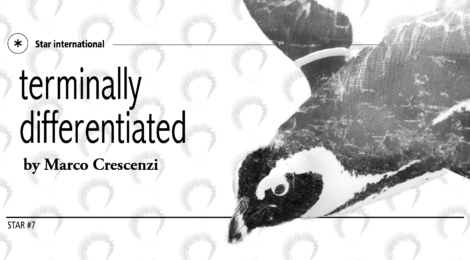
Terminally differentiated
by Marco Crescenzi
Marco Crescenzi, Director of the Instrumentation and Core Facilities Service of the Italian National Institute of Health and researcher at the same Institute, tells us about the road that led him to the ISS, his research on terminally differentiated cells and his passion for teaching.
I arrived at the Italian National Institute of Health, ISS, in 1997. I had a complex history behind me: first at the Umberto I General Hospital, for three years after graduating in medicine, then two postdocs in the USA. The first was in St. Louis, where I left my passion for the clinic to devote myself entirely to research. The second was at the National Institutes of Health in Bethesda, where I started – should I say chosen? Are research paths chosen? – the research trend that would have marked a large part of my scientific career. Back in Rome, still in Sapienza, I joined the laboratory of Franco Tatò, an outstanding scientist who died too soon, and then I moved to the Regina Elena Cancer Institute. Franco directed me to the ISS, where I found a permanent, non-precarious position at 39.
I wanted to contribute to the world, at least to the little piece around me, and I still do. Whenever I engaged myself in one of my battles against the windmills, I was asked, “You’re new to the Institute, aren’t you?”
At the ISS, I fully developed my most important line of research: understanding how and why many of our terminally differentiated cells cease to proliferate when they acquire specialized characteristics. To date, we only partially know the molecular mechanisms that determine the characteristics of these cells. Which are unable to duplicate themselves and which, when forced to do so, cannot replicate their DNA and eventually die. Cells lose their specialized characteristics when driven to proliferate, indicating that the replicative cycle and the differentiation programs are linked. Terminal differentiation is a still largely obscure biological puzzle, the solution of which would also shed light on many other biological problems. Among this regeneration, i.e., the ability to rebuild missing parts of the body, which is so scarce in mammals. Or tumorigenesis: the common idea is that terminal differentiation, by producing cells that do not proliferate, safeguards against tumors, but the biological reality is more complex than that. And again, aging is one of the last great mysteries of biology: we know that our cells age, and so do our bodies, but in species capable of regeneration, the cells rejuvenate while they reconstitute tissues and organs. Finally, of great importance are the application possibilities. The impact on regenerative medicine would be immense if we could induce terminally differentiated cells, such as neurons and cardiac cells, to proliferate in a controlled, safe, and reversible way.
At the ISS, my group produced significant contributions to these issues. For example, we have discovered different complementary pathways to reactivate the replicative cycle in terminally differentiated cells. And we understood that ceasing to proliferate is an active and continuously renewed choice, not a simple switch-off. My only big regret is that I wish I could have done more. Initially, we found an environment where scientific inquiry could unfold freely, guided only by the curiosity of the researchers. Then things started to change. The claim that research aims to satisfy medical and social needs has gained ground – too much, but certainly not only at the ISS. The so-called applied research or, with dubious derivation from English, “translational”. At the same time, funds for “basic” or academic research, the primary objective of which is knowledge, have dried up. Today, finding funding for ‘pure’ science is extremely difficult, and this seriously hinders and slows down our efforts. However, the ISS has allowed me the freedom to discover and develop my vocation for teaching. For several years, I have lectured by invitation on many topics, including cancer, genetics, virology, infectious diseases, and regenerative medicine.
In 2006, the University of Tor Vergata unexpectedly asked me to teach Oncology. I have taught the course for five years with extraordinary and unexpected success. But then, with great regret, I had to interrupt it in 2011, when the consequences of the 2008 economic crisis threatened to sink the laboratory: I needed to devote every energy to saving my research group. Having recovered from the situation, I returned to Tor Vergata and shortly after also to Sapienza to teach the Methodology of scientific research. A way to pass on to the next generation what I have learned in a life of science and to help young people enter the world of research better prepared.
In 2016 I started a new business. I contributed to creating the ISS major instrumentation and core facilities service, which centralized and made the most expensive research instruments available and efficient. Soon after, I was given the direction of the Service. Thus began a period of incredibly intense uninterrupted work, which shows no sign of diminishing. With a large group of excellent collaborators, we have filled the technological backlog that the ISS had accumulated, renewing all the instrumentation. We have made once-underused equipment available to all our colleagues and have streamlined and made managing large equipment more efficient. We believe this has contributed to boosting the competitiveness of ISS research.
Until some time ago, I used to wake up upset in the morning thinking: “I gave up my last nine years as a researcher”. It was a painful thought, but not entirely true: I constantly strive to keep researching, despite my busy schedule. But now that thought no longer occurs. Somehow, I also accepted this last role of mine, which will accompany me until I retire.
It’s been a good career and a big, long intellectual adventure.
Marco Crescenzi, Director of the Large Instrumentation and Core Facilities Service of the Istituto Superiore di Sanità.


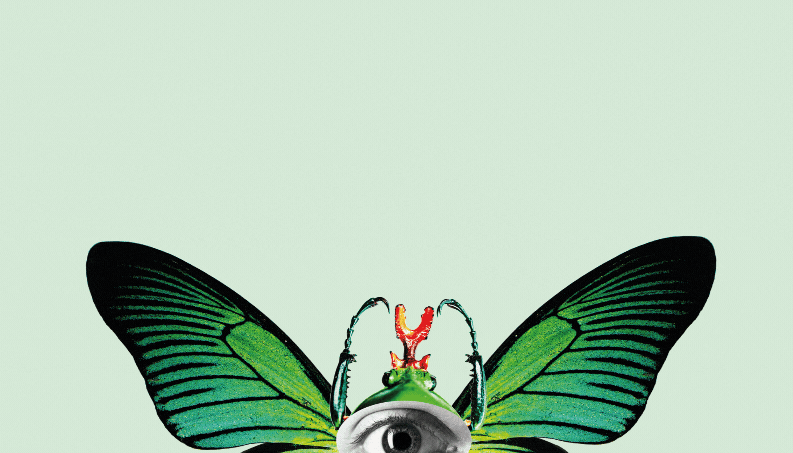


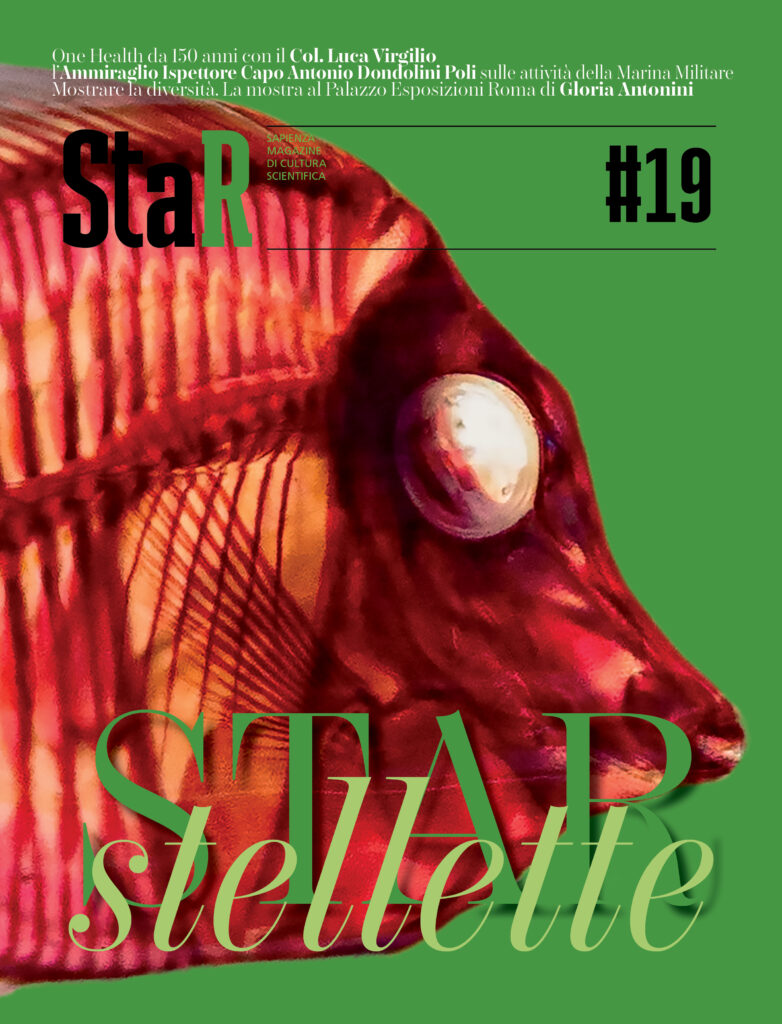





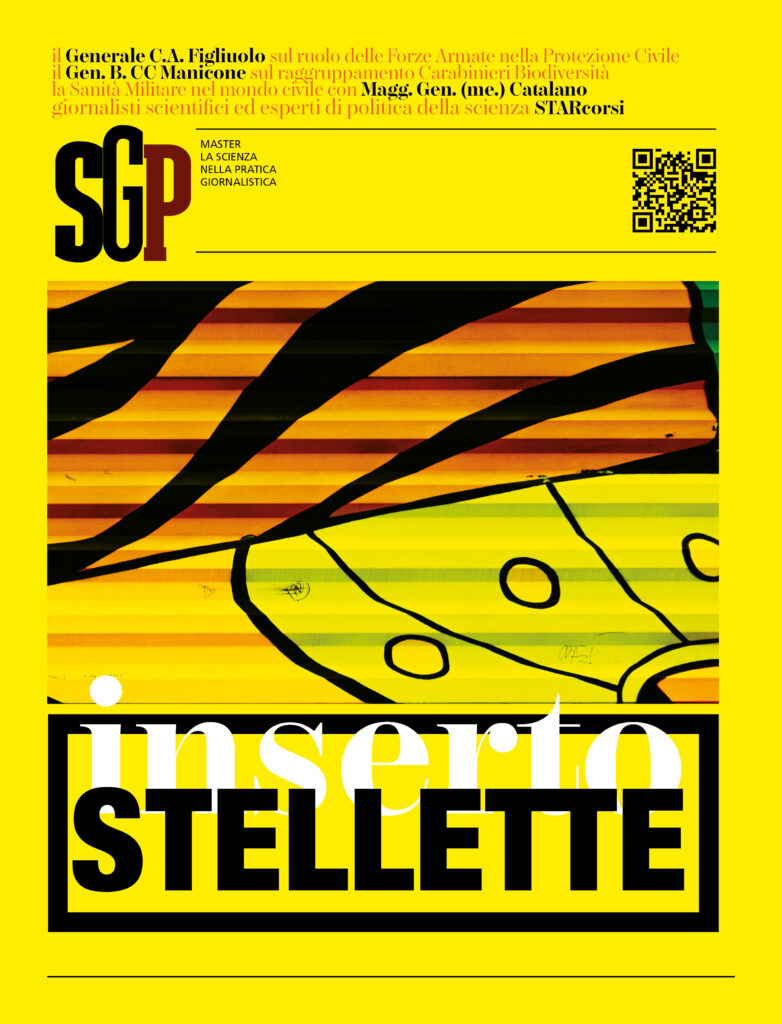

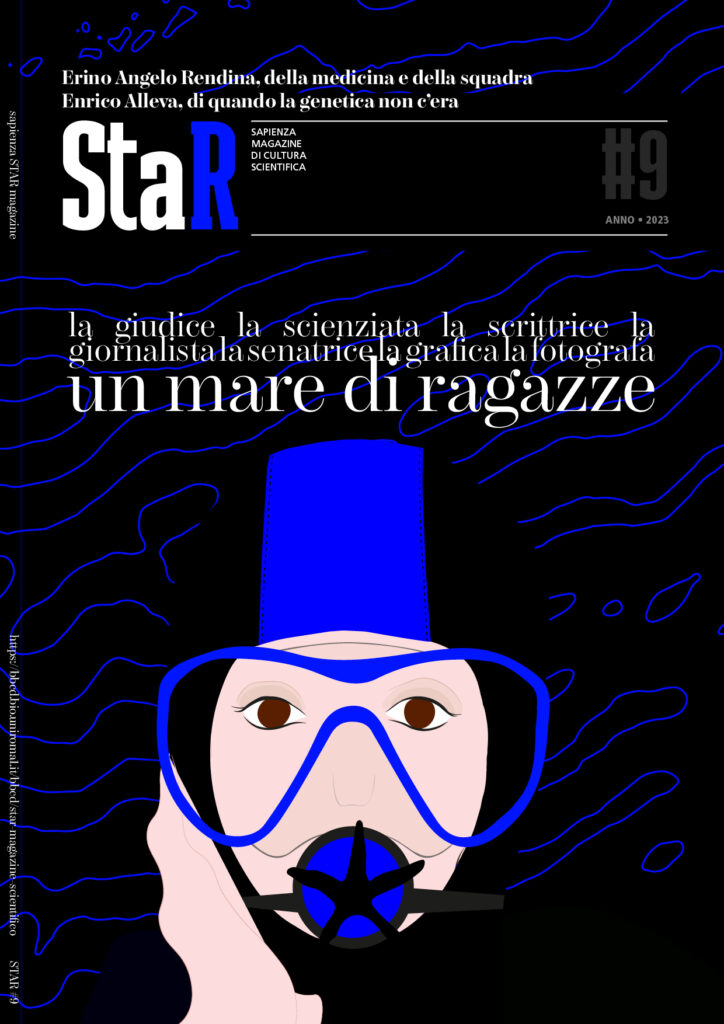
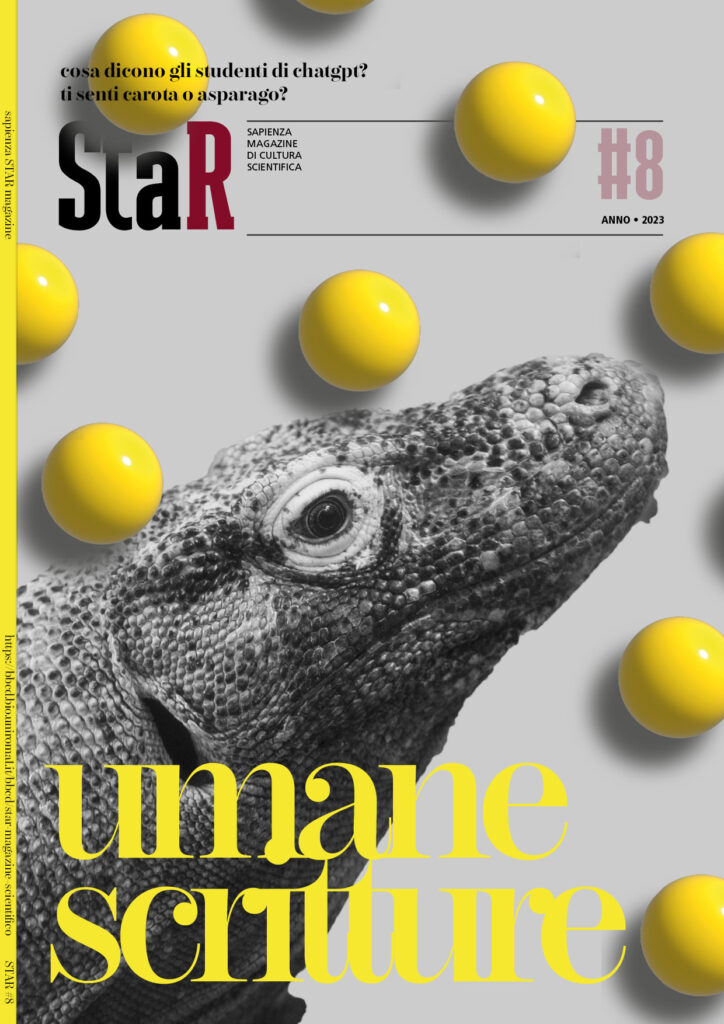
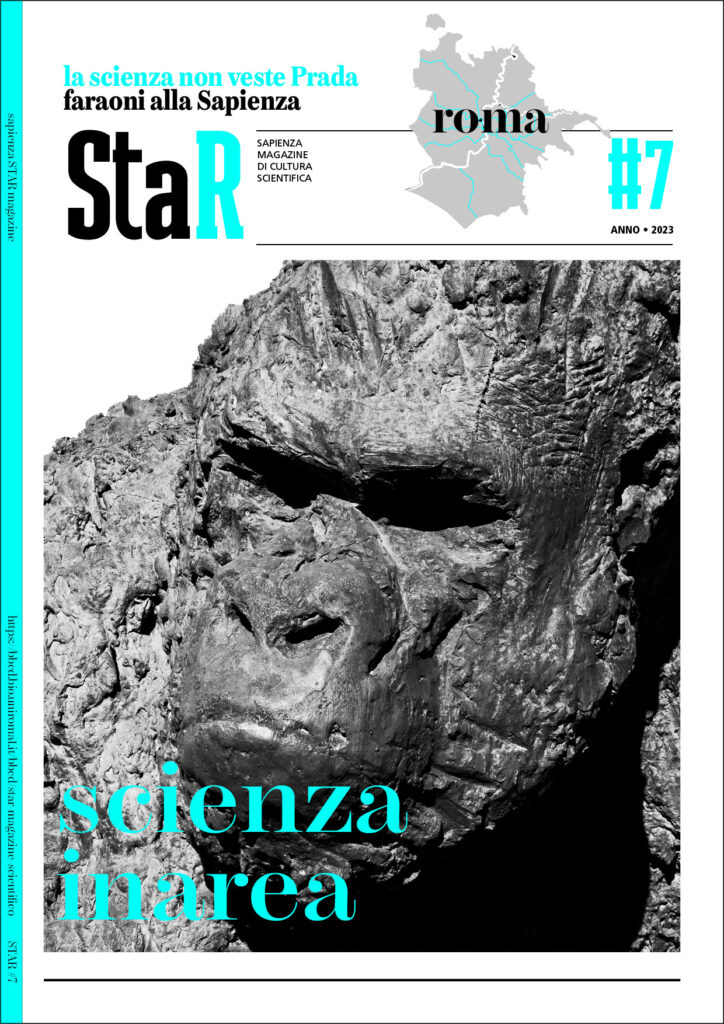

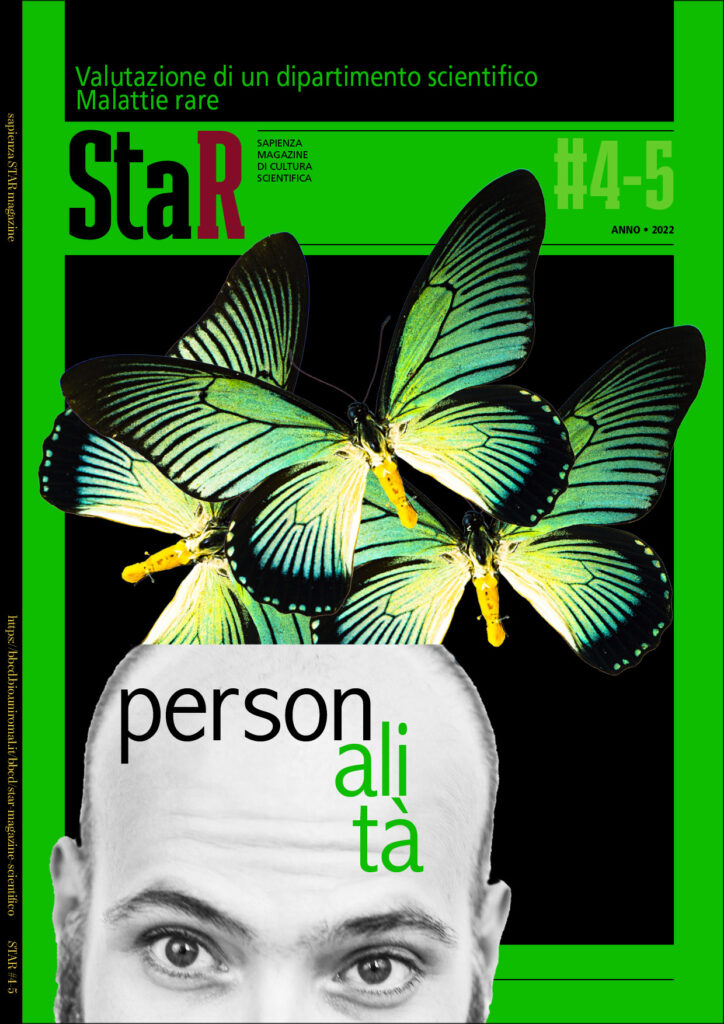

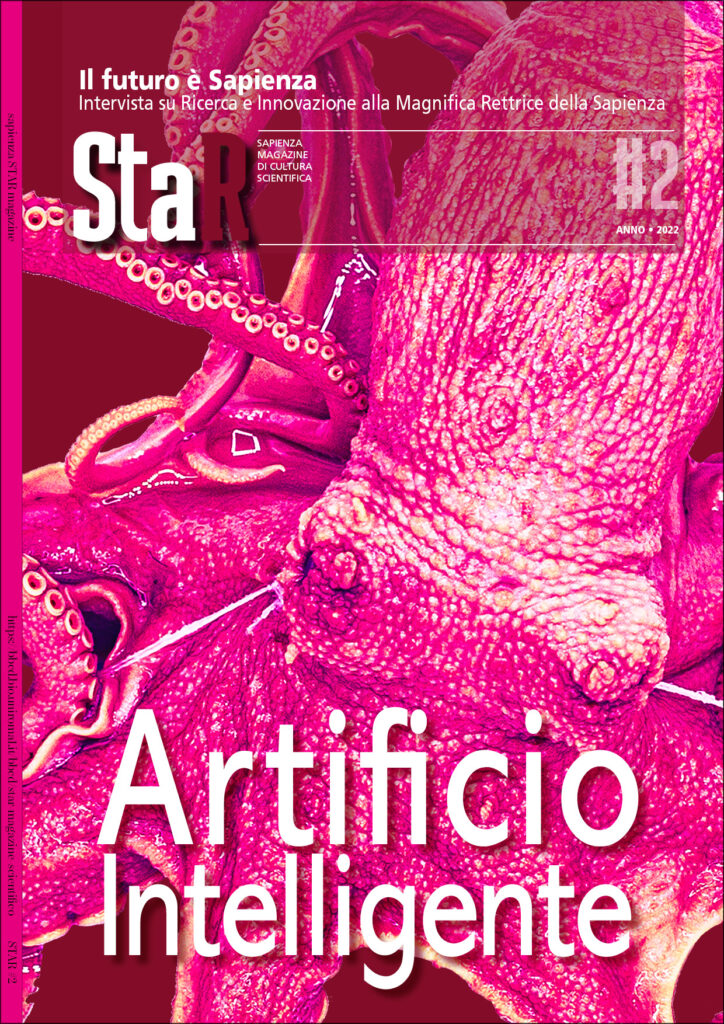

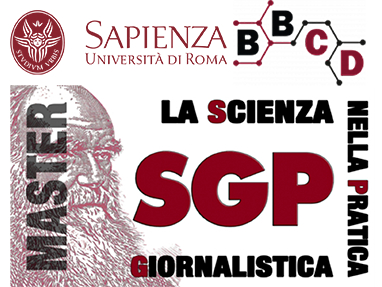
Commenti recenti